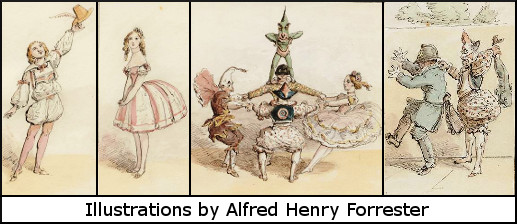Peter Drucker? Gore Vidal? Professor Giddings? Jesse H. Shera? Apocryphal?

Question for Quote Investigator: I belong to an organization which is expending an inordinate effort perfecting the execution of a task that is peripheral to its mission. A famous management guru spoke about the pointlessness of efficiently performing a function that should not be done at all. Would you please help me to find a citation?
Reply from Quote Investigator: In 1963 Peter Drucker published an article titled “Managing for Business Effectiveness” in the “Harvard Business Review”, and he discussed the troublesome error of misallocation. Emphasis added to excerpts by QI:1
But every analysis of actual allocation of resources and efforts in business that I have ever seen or made showed clearly that the bulk of time, work, attention, and money first goes to “problems” rather than to opportunities, and, secondly, to areas where even extraordinarily successful performance will have minimal impact on results.
What is the major problem? It is fundamentally the confusion between effectiveness and efficiency that stands between doing the right things and doing things right. There is surely nothing quite so useless as doing with great efficiency what should not be done at all.
Below are additional selected citations in chronological order.
Continue reading “Quote Origin: There Is Surely Nothing Quite So Useless as Doing with Great Efficiency What Should Not Be Done At All”